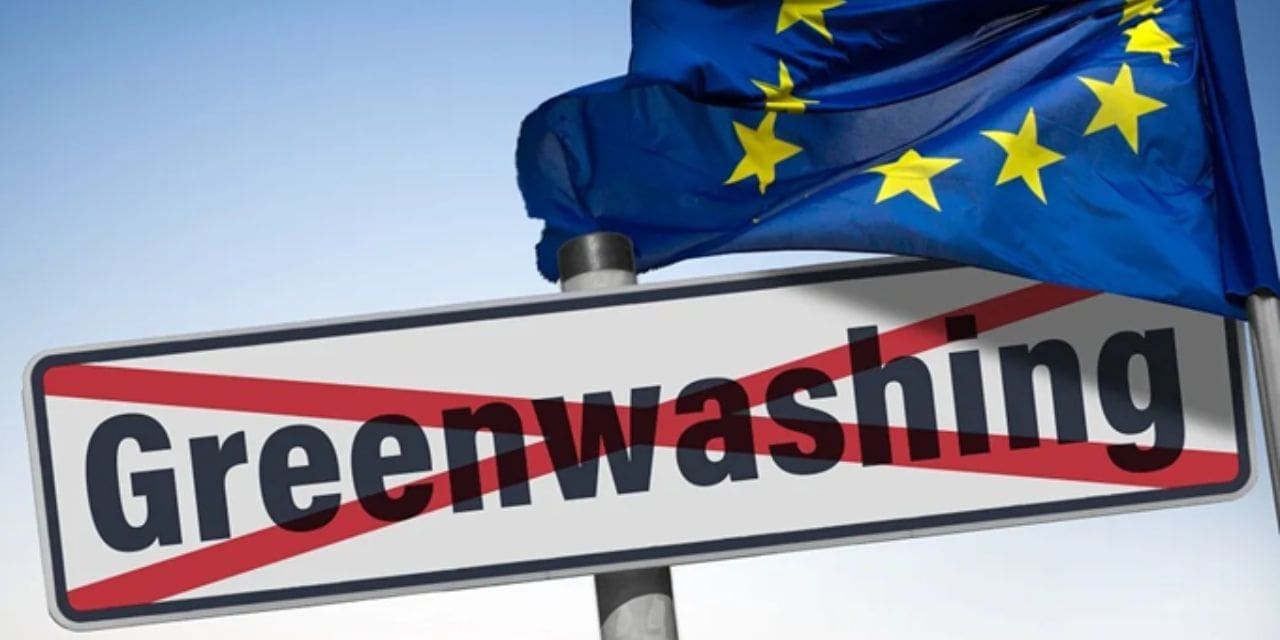The European Council has adopted a general approach on the green claims directive to tackle greenwashing and help consumers make sustainable choices. The directive aims to ensure reliable and verifiable environmental claims by setting minimum requirements for substantiation, communication, and verification of explicit environmental claims. It targets both written and oral environmental claims and labels used by companies to market their environmental impact. This will apply to existing and future public and private environmental labeling schemes.
The approach differentiates between explicit environmental claims and labels, with specific obligations and requirements for both. Companies must use clear criteria and scientific evidence to support their claims and labels. These must be easily understood and specifically reference environmental attributes like durability and recyclability. The council emphasized the importance of transparency in a press release.
The directive introduces a simplified procedure for verifying environmental claims, but still requires third-party verification for most claims. Microenterprises will have extra time to comply with the new rules and will receive support through guidelines, tools, financial support, and training. Farmers will also benefit from reduced administrative burden. The goal is to assist SMEs, including microenterprises, in meeting the requirements for making green claims.
Ministers have acknowledged the significance of current national or regional public labeling schemes and have discussed the potential for creating new schemes. Products regulated by EU or national law may be exempt from third-party verification if they adhere to EU standards. EN ISO 14024 type 1 ecolabeling schemes recognized by a member state and in compliance with new regulations will be exempt from verification, with one member state’s recognition applying to the entire EU market.
The directive introduces new requirements for companies to prove climate-related claims, including those involving carbon credits. Companies must provide details on the type and quantity of carbon credits, as well as whether they are permanent or temporary. The council’s position distinguishes between contribution claims and offset claims, with companies needing to prove a net-zero target, progress towards decarbonisation, and the percentage of total greenhouse gas emissions offset.
The Council’s general approach will guide negotiations with the European Parliament on the directive’s final shape. The goal is to ensure consumers can make informed, eco-friendly choices and hold companies accountable for green claims. Negotiations will begin in the new legislative cycle. Alain Maron, Brussels-Capital Region government minister, emphasized the agreement’s importance in combating greenwashing. The agreement focuses on providing clear, sufficient, and evidence-based information on product and service environmental characteristics to help European citizens make informed green choices.

